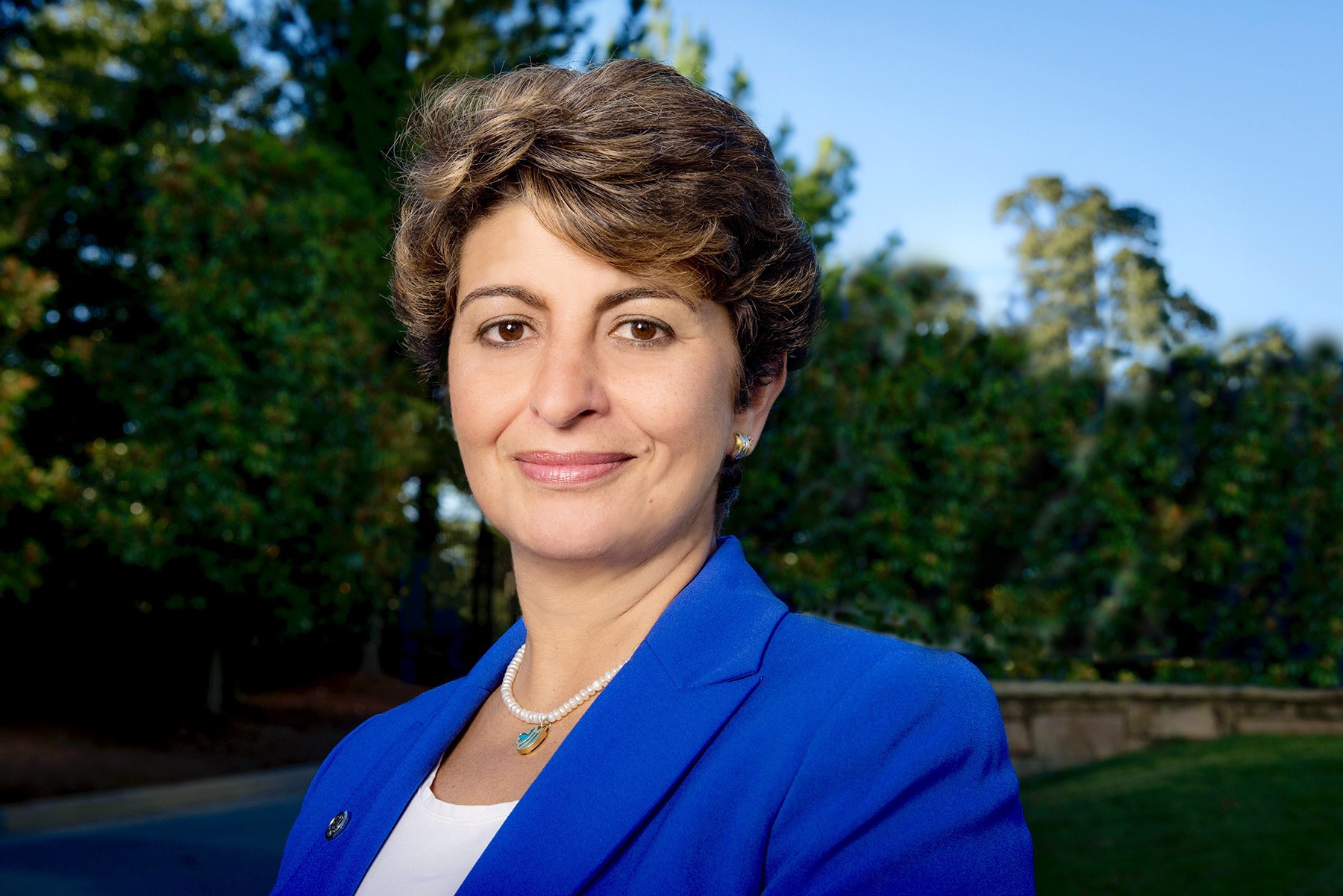
FOR IMMEDIATE RELEASE
July 10th, 2024
Media Contact: Joe Shaffner, Director of Communications,
Population Council, pubinfo@popcouncil.org
New York, New York – Today, the Population Council’s Board of Trustees announced the appointment of Dr. Rana Hajjeh as the organization’s next President, effective September 3, 2024.
Hajjeh brings over 30 years of experience in global health research, programs, policy, and management. A medical doctor and epidemiologist by training, Dr. Hajjeh joins the Population Council from the World Health Organization’s (WHO) Eastern Mediterranean Regional Office in Cairo, Egypt, where she directed technical programs in 22 countries, including many in protracted emergency situations.
“Dr. Hajjeh is an inspirational leader who is driven by science,” said Darcy Bradbury, Chair, Board of Trustees. “Her breadth of technical and geographic expertise, her sharp focus on strategy and influence, and her people-centered approach will enable the Population Council to grow its impact in an increasingly complex world.”
Dr. Hajjeh will succeed Patricia C. Vaughan, General Counsel, and James Sailer, Executive Director, Center for Biomedical Research, who have served as Interim co-Presidents since August 2023.
“I am very excited to join the Population Council. Since 1952, this organization has made major contributions to population health and sustainable development that affected the lives of millions of people globally,” said Dr. Hajjeh. “We have a very important mandate to address the growing global challenges in health, climate, education, and gender equity. I look forward to building on the strengths of the Council and our partnerships to continue to be a beacon of change and hope.”
Prior to WHO, Dr. Hajjeh worked for 23 years for the U.S. Centers for Disease Control and Prevention (CDC), including as Director of Bacterial Diseases division (2008-2016). Between 2005 and 2010, she was the Director of the GAVI Hib Initiative that introduced Hib (Haemophilus influenzae) vaccines to millions of children in limited resource countries. Dr. Hajjeh has also led responses to major epidemics across the world, including meningitis in Africa and Saudi Arabia, cholera in Haiti, Middle East Respiratory Syndrome (MERS) in Saudi Arabia, Ebola in West Africa, and recently COVID-19.
“Dr. Hajjeh joins the organization at a critical juncture, as we must navigate intertwined health, climate, and humanitarian crises, as well as threats to reproductive rights and choices, social justice, and evidence-based public health,” said James Sailer. Patricia Vaughan followed, saying, “We are excited that Dr. Hajjeh is joining at a time when the Population Council is well-positioned to innovate and lead in generating the evidence needed to address many of these critical issues.”
Born in Lebanon, Hajjeh holds a Medical Doctor (M.D.) degree from the American University of Beirut (AUB). She has published over 200 peer-reviewed papers and book chapters, serves as a reviewer for multiple journals and a member of various boards, and holds visiting professor positions in medicine and public health at AUB, Emory University, and Johns Hopkins University.
###
About Population Council
The Population Council is a leading research organization dedicated to building an equitable and sustainable world that enhances the health and well-being of current and future generations. We generate ideas, produce evidence, and design solutions to improve the lives of underserved populations around the world. Learn more about the Council, our innovation hubs, and our international offices: https://popcouncil.org/.
Highlights
- Our research was among the first to make the case for the transformative development impact of investing in the 1.8 billion rising generation, particularly adolescent girls. Our GIRL Center houses one of the world’s most comprehensive open data hub and body of evidence on what works to transform the lives of adolescents in low- and middle-income countries (LMIC).
- The Council established the field of long-acting reversible contraceptives (LARCs) and developed reversible contraceptives used by 170 million women globally. As of today, the Council and its collaborators have developed the most advanced candidate for a hormonal male contraceptive.
- The Council-developed gold-standard approach for measuring the quality of care for reproductive health services is now being used by the Council and others in humanitarian settings.
- The Council continues to address the persistent HIV epidemic in sub–Saharan African countries through behavioral change interventions and the development of multi-purpose medical products that prevent HIV and other sexually transmitted infections.
